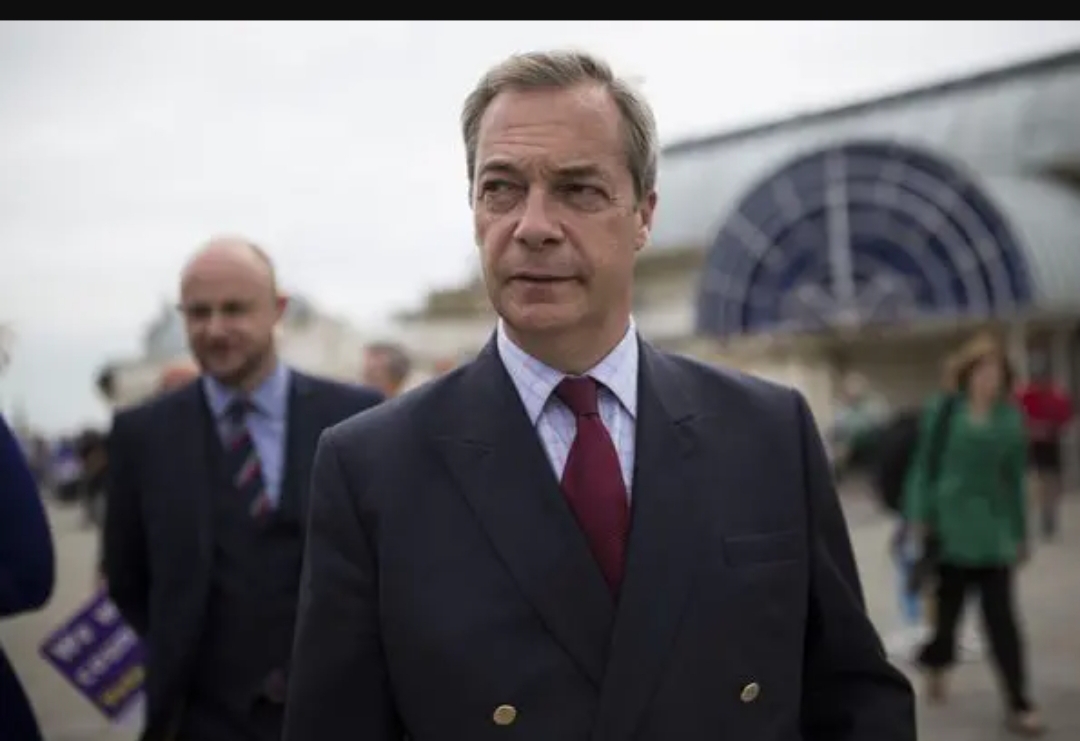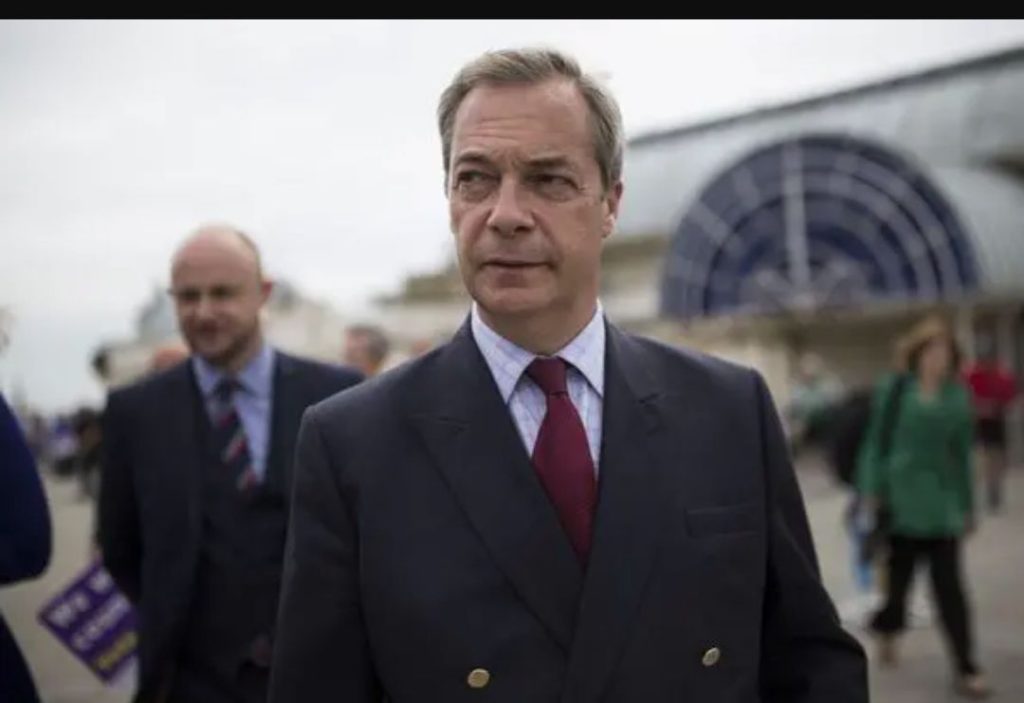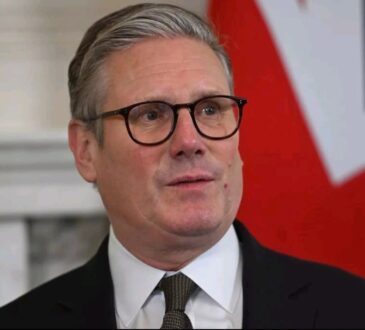
As Nigel Farage contemplates his role in Reform UK’s 2024 General Election campaign, former Ukip insiders are sounding alarms, suggesting the populist party’s approach may lead to “embarrassment.” Reform UK’s leader, Richard Tice, recently confirmed the party’s decision to field candidates in all 632 constituencies across England, Scotland, and Wales, a move met with skepticism regarding its viability.

According to GB News, Suzanne Evans, former Ukip deputy chair under Farage, voiced concerns over Reform UK’s blanket approach, describing it as “doomed to failure.” She highlighted potential challenges in candidate selection and resource allocation for such an expansive campaign, suggesting that the party might be more focused on undermining the Tories than winning seats.
Another former Ukip source expressed doubts about Reform UK’s strategy, noting a lack of visible efforts in targeting specific seats, opening offices, or recruiting effectively. The absence of a robust ground game, including canvassing data and a comprehensive strategy, raises questions about the party’s electoral prospects.
Tim Aker, who narrowly missed winning in Thurrock in 2015, emphasized the importance of a massive ground game and suggested that Reform UK faces challenges in establishing brand recognition and a strong local government base compared to Ukip’s historical position.
Reform UK’s representation in local councils currently stands at just 11 councillors, a significant decline from Ukip’s peak of 202 councillors. Populist parties, historically, have struggled to make a substantial impact in House of Commons elections, with Ukip achieving limited success in by-election victories in 2014.
The potential entry of Nigel Farage into the House of Commons is considered unlikely, but former No10 pollster James Johnson sees 2024 as an opportune moment for Farage. Johnson also predicts that Rishi Sunak may attempt to squeeze Reform UK’s vote ahead of polling day.
The impact of Reform UK’s campaign on current polling remains a topic of discussion, with expectations that the party could draw votes from the Conservatives. However, Patrick O’Flynn, a former Ukip MEP, questions the appeal of the Tories, suggesting that their positions on legal and illegal immigration, among other issues, may not offer a compelling alternative to right-leaning voters.
Despite Prime Minister Boris Johnson urging voters to support the Conservatives, warning against putting Keir Starmer in power, Reform UK’s potential impact on the Conservative vote remains uncertain. The dynamics of the upcoming general election and the role of populist parties like Reform UK add complexity to the political landscape, leaving room for speculation and debate.




